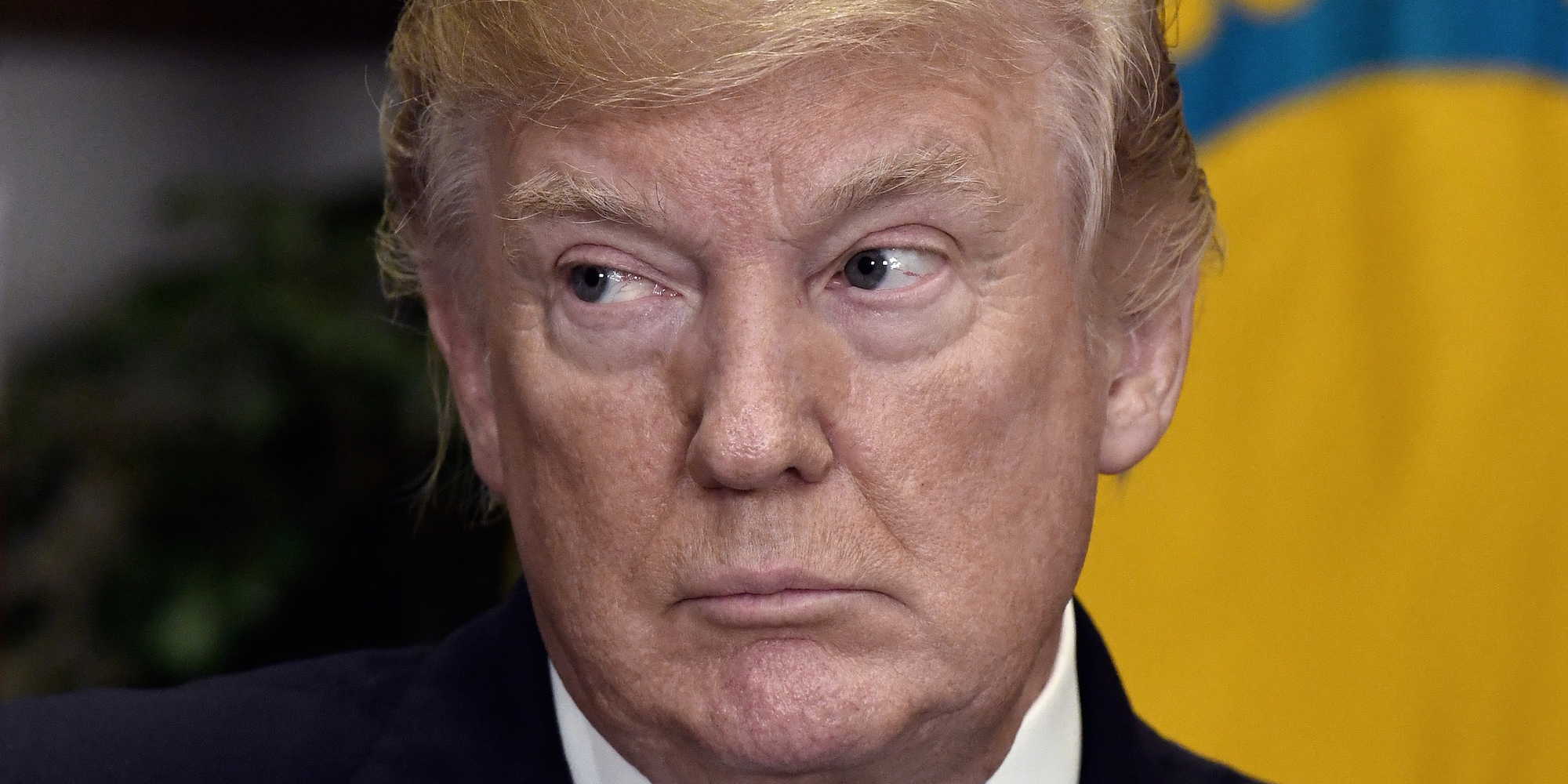- Opposition to U.S. President Donald Trump could endanger the U.S.-led bid for the 2026 World Cup, according to a report.
- The joint bid which includes Canada and Mexico may not have as much backing as Morocco’s bid because of controversies dealing with immigration in Trump’s administration.
- There are other factors at play, including new, open voting results, in what may be a closer vote than expected when it takes place at FIFA’s Congress in June.
With just over three months before FIFA’s Congress on June 12 in Moscow, the U.S.-led bid for the 2026 World Cup could be in danger, according to ESPN’s Sam Broden.
The joint bid, which includes Canada and Mexico, reportedly may be short on support, with Morocco’s opposing bid receiving more backing from Asian and African nations, according to Borden.
While there are several factors involved in the bid competition, according to Borden, some believe the U.S. bid could be endangered by global anti-Trump sentiments.
Trump’s travel ban, which affects eight nations, and reported comments referring to nations like Haiti, El Salvador, and some African nations as “s—hole countries” have reportedly turned some against the U.S.-led bid. From Borden:
"More recently, however, the North American bid has had to counter an anti-American sentiment that stems largely from actions taken by President Donald Trump's administration, multiple sources said. Those actions include a travel ban affecting mostly Arab countries, public comments that perpetuate stereotypes and the reported use of profanity in describing poorer countries.
"When North American bid officials visit with federation officials in a foreign country, they rarely get questions about stadiums or hotels, according to sources; rather, they have been quizzed about whether the United States can be considered a friendly place for foreigners."
There are other factors at play, too. According to Borden, some nations were upset at how a U.S.-led investigation into corruption in several federations exposed them. As a result of that exposure, World Cup votes are now public, which may lead to bloc votes, according to Borden. For example, all African nations may support Morocco so as not to stand out when the votes are made public.
Borden reported that some feel the U.S. bid, which would include 60 matches in the U.S. and 10 each in Canada and Mexico, is still the favorite, but the race may be tighter than expected. With an expanded field that now includes 48 teams, the U.S. bid may make more logistical sense because of the already-existing facilities.
As the vote draws nearer, however, the U.S. plans to target more countries in hopes of securing votes for its bid.

